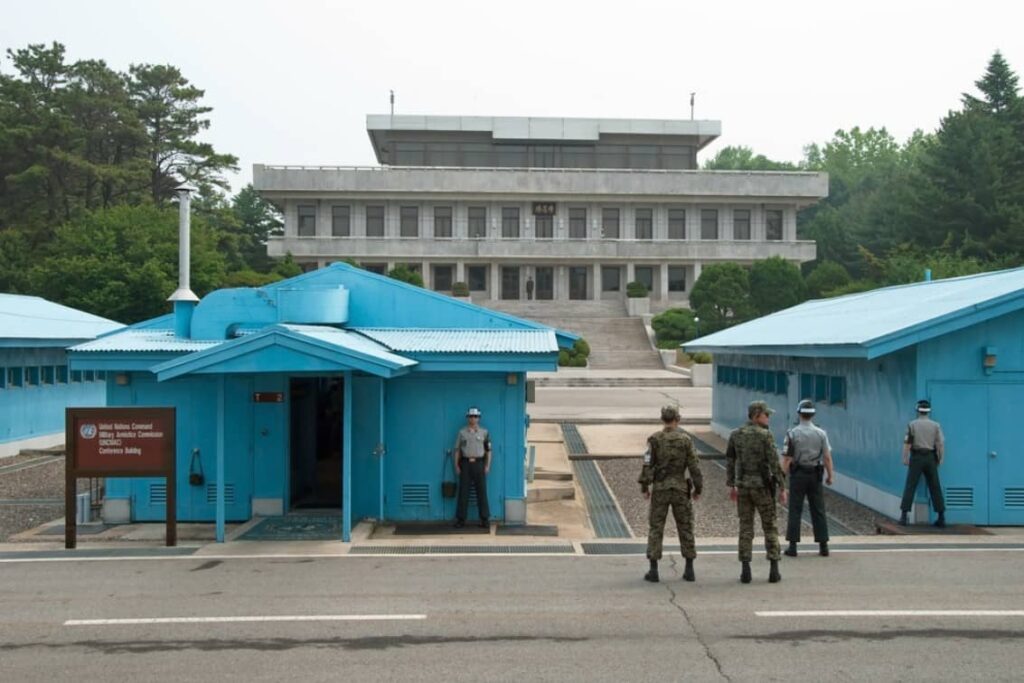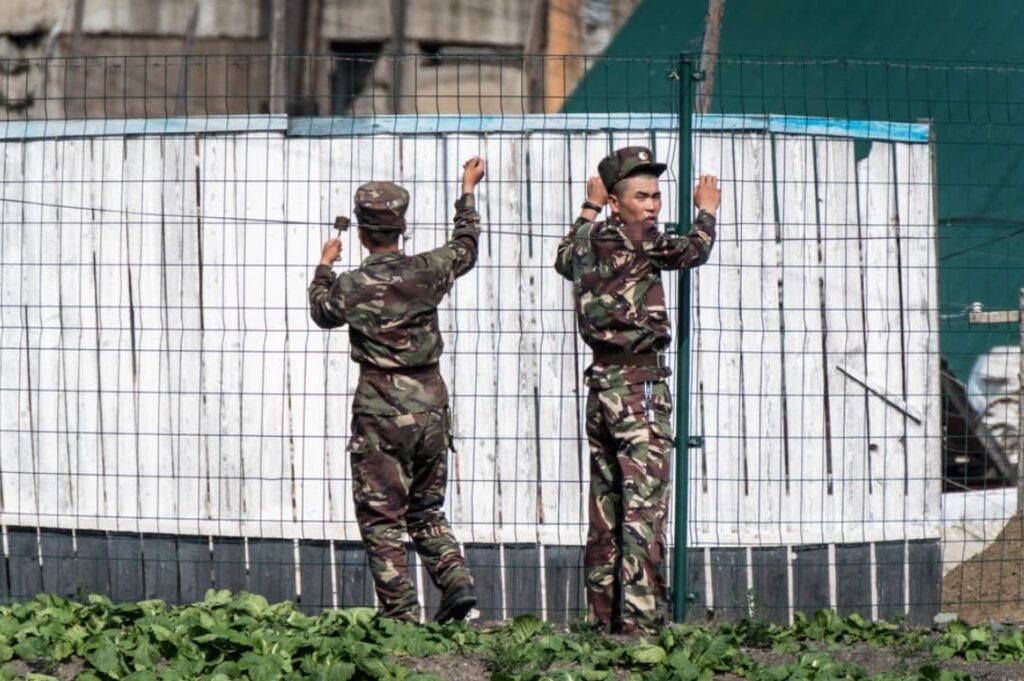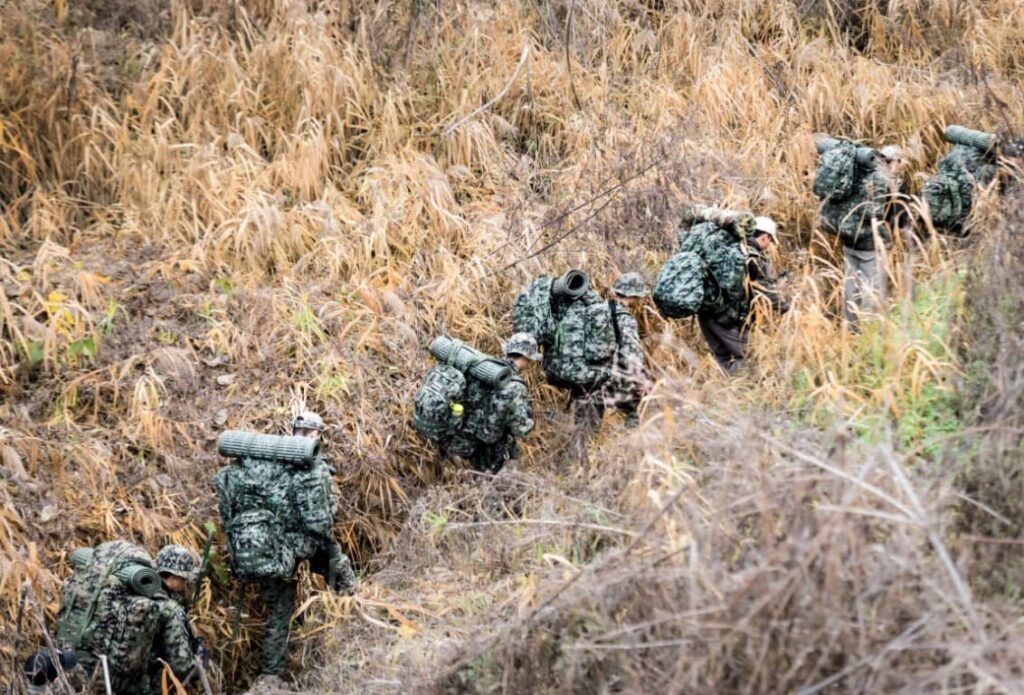North Korea Capable of Producing Double-Digit Nuclear Arsenal, Warns SK Intelligence

North Korea has accumulated enough plutonium and uranium to produce at least a double-digit number of nuclear weapons, according to a recent briefing by South Korea’s National Intelligence Service (NIS). The assessment, shared with lawmakers on Thursday, highlights North Korea’s growing nuclear capabilities and the progress it has made in developing more powerful and accurate missiles targeting South Korea and other regional adversaries.
South Korean lawmaker Lee Seong-kweun, a member of the parliamentary intelligence committee, revealed details from the closed-door NIS briefing, stating that North Korea has likely enriched enough uranium to construct a “double-digit” number of nuclear bombs.
The disclosure comes amid heightened tensions in the region, with North Korea openly demonstrating its nuclear ambitions. Earlier this month, North Korean leader Kim Jong Un provided a rare glimpse into a facility known for producing weapons-grade uranium, emphasizing his intention to “exponentially” increase his country’s nuclear arsenal. This move has been interpreted as both a domestic show of strength and a statement of defiance toward the United States and its allies.
North Korea has released photos of Leader Kim Jong Un inspecting a uranium enrichment facility.
— Current Report (@Currentreport1) September 13, 2024
Following the inspection, the Kim was seen overseeing a new rocket launch. pic.twitter.com/04MtHQ8aF9
The South Korean intelligence agency also assessed that North Korea might conduct a seventh nuclear test, which could be more likely to occur after the U.S. presidential election on November 5, 2024. According to the NIS, this timing suggests that North Korea may be waiting to gauge the outcome of the election and the subsequent U.S. foreign policy direction before proceeding.
North Korea’s previous nuclear tests have been a significant cause of concern for the international community, with its most recent test in September 2017 estimated to be the country’s most powerful detonation to date, measured at around 250 kilotons by independent experts.
South Korea and its allies have long been concerned about North Korea’s rapidly advancing missile technology, which includes intercontinental ballistic missiles (ICBMs) capable of reaching the U.S. mainland and shorter-range missiles targeting South Korea and Japan. In recent months, North Korea has continued to test various missile systems, including solid-fueled missiles and those capable of carrying multiple warheads.












